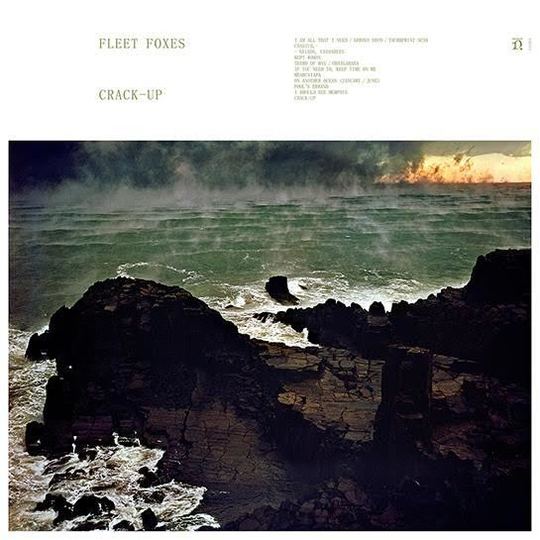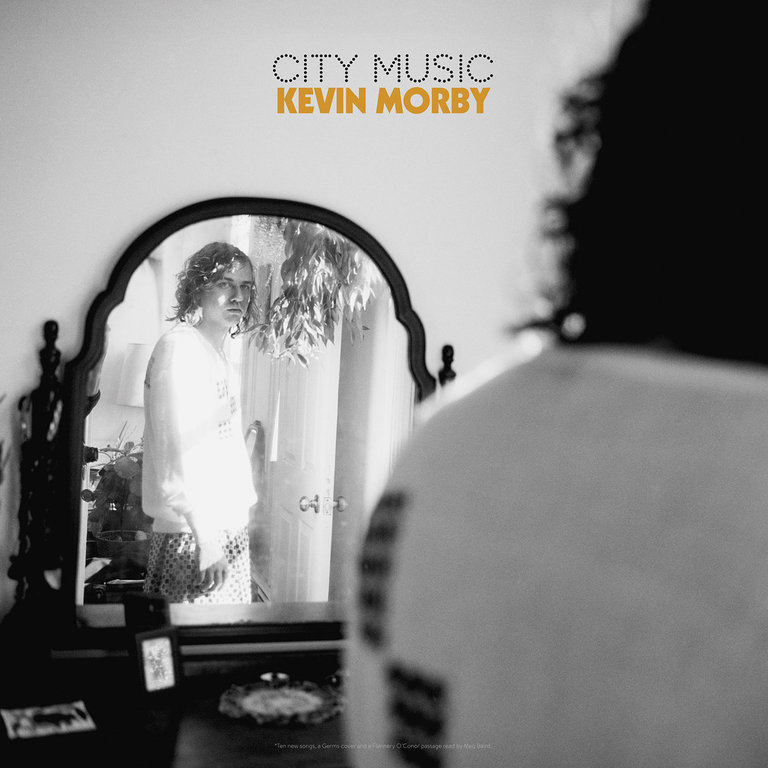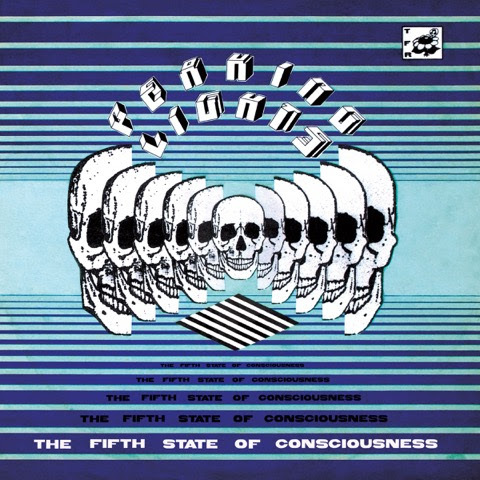It seems fairly incredible that we are almost a decade removed from when Fleet Foxes, along with Bon Iver and Grizzly Bear, made our millennial generation fall in love with folk music, but here we are. It seemed at the end of the previous decade, you couldn't move for hype blogs, tv spots or festival appearances bigging up Fleet Foxes, For Emma, Forever Ago or Veckatimest respectively, as the so-called 'freak folk' moment had its day in the sun.
Fleet Foxes' appeal over most was perhaps their ambition. This isn't to say Bon Iver and Grizzly Bear didn't show these qualities too, but it seemed the moment the Seattle quintet first released their Sun Giant EP they had immediately announced themselves to the world as a force to be reckoned with. This can be mostly pinned down to frontman Robin Pecknold's expansive songwriting style and the entire band's ability to hold perfect Beach Boys-esque melodies, this combination made even casual listeners take notice, thoroughly deserving their plaudits.
And then, Fleet Foxes somewhat lost their momentum. Follow-up album Helplessness Blues was delayed heavily by the band's tour demands and re-recording sessions, and on top of that, was a much more dour and subtle affair in comparison to the band's ecstatic debut full-length. Time has been kinder to the Washingtonian's second effort, but the immediate response was a muted one at best and spelt the end of a short-lived popular movement. Bon Iver incorporated more electronics into his sound, Grizzly Bear took a break after their muddied fourth album Shields and Fleet Foxes's drummer Josh Tillman left to become Father John Misty, leaving the band in some disarray.
Pecknold took a break, moving to New York to complete an undergraduate course he had put off due to his band's success, only re-appearing as a solo support act to Joanna Newsom last year to debut some new material, some of which leads us here, to Fleet Foxes third full-length Crack-Up (named after the famous F. Scott Fitzgerald essay). It would probably be safe to say that some caution and trepidation surrounded a new Fleet Foxes album (similarly Grizzly Bear returning this year) but after releasing epic single 'Third of May / Ōdaigahara', the most 2008-era sounding song on the album, most seemed back on board with it.
In truth, Crack-Up is all of that and more. It is a perfect melding of the band's two previous full-lengths, funnelled into a new, focused vision. Opener 'I Am All That I Need / Arroyo Seco / Thumbprint Scar' gives the listener everything it needs to know about the Seattle indie-folk band's third effort. Initially, it is quiet, moody and threatening a return to Helplessness Blues until a couple minutes in the song EXPLODES and we are back to that familiar territory we all fell in love with in the first place.
As mentioned, it is perhaps Pecknold's deceiving inventiveness that still makes Fleet Foxes stand out to this day. He and his band do not create anything they couldn't replicate live, and yet there are so many layers, so many unexpected twists and turns, so many soaring moments one has to catch their breath just to keep along with it. 'Fools Errand' on the surface sounds like to classic folk-pop of Crosby, Still and Nash which the Foxes have always aspired, but there are so many moving parts that it still remains uniquely them.
Crack-Up is perhaps Fleet Foxes' most epic and inventive record yet. 'Cassius' and 'Naiads, Cassadies' run together as a shape-shifting two-parter, 'Kept Woman' is a soulful ballad, 'Mearcstapa' has more in common with Radiohead than anything else they've written before, helped in no small part by ex-Blood Brothers bassist Mogan Henderson's jazz-inflected line. Similarly, 'I Should See Memphis' sounds like a reply to 'How to Disappear Completely' without ever sounding dismissive.
Ultimately, Fleet Foxes, it seems, have benefitted massively from the time away. An immediate follow-up to Helplessness Blues would have run the risk of floundering given that album's dark themes that bordered on breaking apart at any time. There is a renewed adrenaline running through Crack-Up's veins, helped massively by longtime producer Phil Ek's ability to flesh their complex sound out, but also through Pecknold allowing himself to step back and re-evaluate the band's existence so far. Towards the end of the album's final, titular track, Pecknold proclaims "All things change/did I need time? As far as I can see." It is one of the few direct lines on the whole album, and it is a tremendous conclusion to rest on an excellent come-back.
-
9Adam Turner-Heffer's Score






















